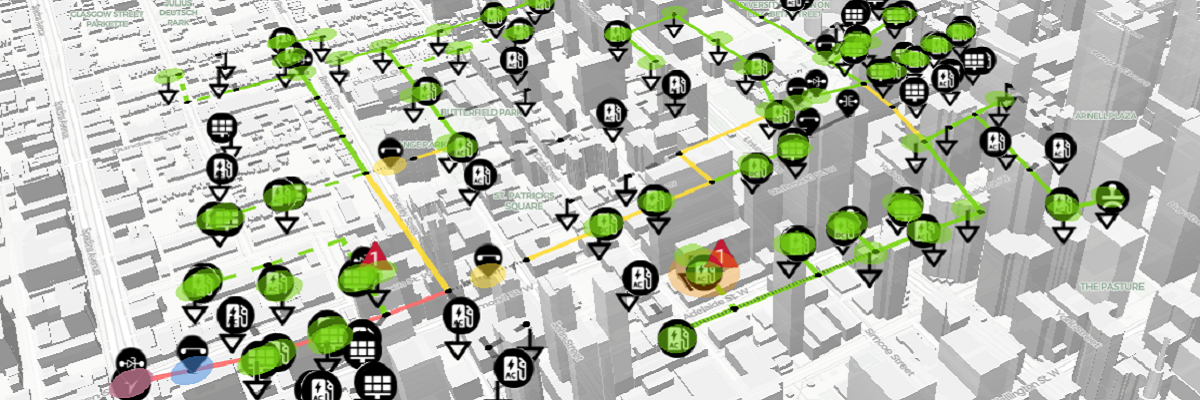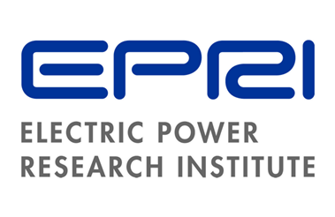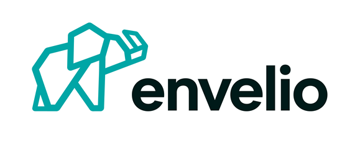
The Challenge: Improve Distribution System Planning to Facilitate Net Zero Goals
Massachusetts' current distribution system will need to be upgraded substantially to reach our net zero greenhouse gas emissions goals, doubling the load served to supply electricity for significant portions of our transportation and heating systems while integrating high levels of intermittent renewables. This is an historic upgrade of a century-old system on the scale of rural electrification in the 1930s. To be effective, it will require advanced planning tools, methodologies, and technologies.
About the Net Zero Grid Planning Lab
To accelerate the planning process in Massachusetts while exploring ways to reduce the costs of this transition, MassCEC engaged technical consultants and software startups through the NZG Planning Lab. Through first-of-its-kind analysis and innovative software tools, these experts are assessing current distribution system barriers and opportunities, conducting load forecasts based on decarbonization scenarios, and demonstrating novel distribution system planning tools, protocols, and emerging technologies that will further grid decarbonization goals in a cost-effective manner.
2021-ongoing
Stakeholder workshops
Analysis of system-wide upgrade costs
Demonstration of innovative software for distribution planning and solar development forecasts
Program Accomplishments
In partnership with EPRI, MassCEC facilitated a series of three stakeholder workshops with state policymakers, the Attorney General's Office, and the Electric Distribution Companies to assess critical cost drivers and cost-saving opportunities on the road to 2050.
Workshop #2: Barriers and Opportunities
Watch this space for further updates and outputs from EPRI, Opus One Solutions, envelio GmbH, and Gridtwin.
Consultants & Projects

Electric Power Research Institute (EPRI)
Awarded $379,182 for two-part engagement
EPRI is a non-profit research institute founded as a membership organization to conduct R&D activities on behalf of investor-owned utilities in the United States.
For Part A, EPRI is identifying distribution grid barriers to and opportunities for meeting the Net Zero goal. The framework is providing the basis for three collaborative EPRI-facilitated workshops with the utilities and other stakeholders to assess critical cost drivers and cost-saving opportunities on the road to 2050. This part of the Scope will culminate in a white paper and slide deck accessible to lay readers summarizing key findings and recommendations for the 2030 Clean Energy and Climate Plan.
For Part B, EPRI will work with the utilities to acquire distribution system and customer data in order to apply a load forecasting model on 15 distribution feeders representing a diversity of circuit typologies across both utilities’ service areas. EPRI will further extrapolate those results to understand the load impacts of technology adoption across the Commonwealth.

Opus One Solutions
Awarded $277,620
Opus One Solutions is a software engineering company that helps utilities optimize energy planning, operations, and market management with its advanced analytics software.
Opus One will demonstrate its Integrated Distribution Planning product to provide optimized distribution capital plans to proactively minimize costs and avoid distribution system constraints while arriving at a proposed upgrade set that can accommodate the resources anticipated in 2050. Deliverables from this demonstration will assess opportunities for proactive versus reactive upgrades, non-wires alternatives, constrained areas requiring investments, and a comparative analysis of costs and benefits of investments for reducing CO2 emissions or improving reliability

envelio GmbH
Awarded $48,000
envelio is a German company with a proprietary software package that can create a full distribution network model and propose upgrade plans that would accommodate growth in DERs and electrification load.
envelio will model and provide power flow scenarios for both EDC distribution systems and cost parameters for upgrades in each scenario. Based on this analysis, envelio will provide recommendations for applying the results of the study towards accomplishing the Net Zero mandate while minimizing ratepayer costs.

Gridtwin
Awarded $140,237
Gridtwin is a Massachusetts-based software startup that provides Sofware-as-a-Service, allowing users to quickly search and filter potential sites for distributed solar generation by feeder.
Gridtwin will work with the utilities’ internal databases to forecast the most likely sites of future solar development while supporting efforts to streamline and optimize interconnection upgrades. Gridtwin will also provide a year-long subscription and ongoing training and support to the utilities so that they can integrate the tool into their planning process over the course of 2022.
Consultant Procurement Details
Procurement Process
The RFP documents provided here are for information only.
MassCEC was aware that much of the anticipated scope of the Net Zero Grid Distribution Planning Lab was relevant to work that had been conducted as part of the Grid Modernization Lab Consortium (GMLC). MassCEC therefore advised applicants to be prepared to draw connections between their proposed scope of work and the work conducted under the GMLC, including any potential involvement of researchers at or affiliated with National Lab partners